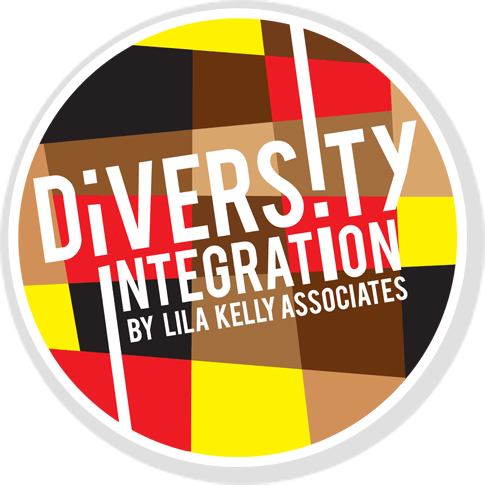
A popular way to expand your applicant pool is through word of mouth, or networking. Surveys have shown that 60 to 80 percent of jobs are filled in this manner. A tried-and-true method, right? But how effective is it when you are hiring for diversity? Look around your workplace and search for patterns. Have the referrals that resulted in hiring employees look like the rest of the company and the employees who referred them?
Employees are most likely to refer from their personal networks, which will reflect the environments in which they were raised, attended school, and where they lived. Many times, this results in recruits resembling the employees. This recruitment method can exclude people who are outside of the current demographics of an organization’s workforce.
While referred applicants may be accelerated through the hiring process, qualified un-referred applicants may be overlooked. For many organizations, it is likely that there is a higher percentage of diverse applicants in the un-referred applicant pool. People mainly network within their own social communities, and an organization having a poor reputation in diverse communities can be a barrier to recruiting a diverse workforce. However, once an employer gains momentum in hiring more diverse employees and creating an inclusive workplace, their outreach efforts will also expand and become more diverse.
Jennie, a Human Resources Director and American Indian, spoke about the power of her community network:
“I did learn that there are some organizations out there that did not welcome diversity. In the community, there is like a hot line called the Indian telegraph. When you’re looking for a job, you do a lot of networking, and you talk with your friends. Through this you may hear, ‘You don’t want to apply here because they don’t let you in,’ or ‘They are really prejudiced, and they are just mean people there.’ And of course my response would be, ‘Okay, I won’t apply there then.’”
John, a Project Manager who is gay, explained the importance of word of mouth in the gay community related to recruitment:
“The gay community is like a big minority group. A lot of it is word of mouth. As more companies move into full domestic partnership benefits, not just healthcare, that will be more important too. The more check marks they can get on the list, the better shot the company’s got at getting folks. [A company’s reputation] goes out and around, not just in terms of recruiting employees but recruiting customers too. There are companies who are getting known out there as being very positive places to work, and therefore have a leg up on recruiting a certain segment of the population as potential candidates.”
From a diversity perspective: It is important for employers to build a positive reputation of their organizations within diverse communities, especially in the areas in which they are located. From a human resources perspective: Clearly defined minimum job requirements and a structured process that keeps hiring managers accountable will help eliminate bias in the employee referral process and how it affects hiring decisions. Learn more from both diversity and human resources perspectives on integrating diversity, equity and inclusion into the hiring process in our online training courses and books at DiversityIntegration.com.
Copyright © 2023 Lila Kelly Associates, LLC. Not to be reprinted without written permission from Lila Kelly. Integrating Diversity into Hiring, Interviewing, Recruiting and Retention – Since 1992. This article includes excerpts from Lila Kelly’s research-based online training courses at diversityintegration.com, which offer training for interviewers and hiring managers on interview skills, cultural competencies, and methods to identify unconscious bias and eliminate barriers for diverse applicants. To stay up to date on all the latest from Lila Kelly Associates and DiversityIntegration subscribe to our newsletter.
